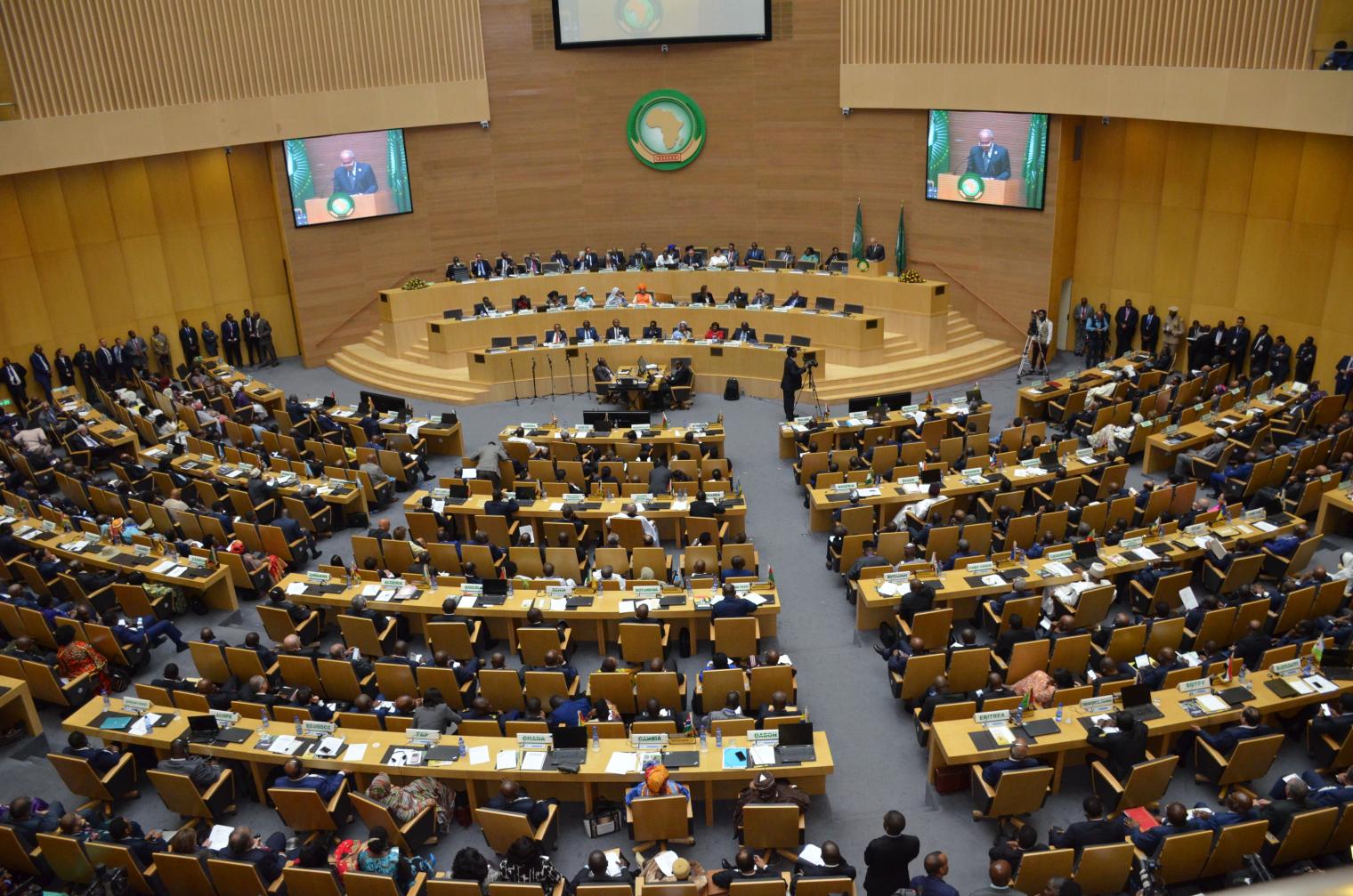Well before coming into this course, the European Union is something that has constantly come up across so many social science, history, government, and even economy classes I have taken in the past. However, whenever the EU has come up in the conversation, it always struck me that it was talked about in a very “state-like” manner; as if we were talking about the United States, China, or any other major state within the international system. Suddenly it made much more sense why exactly this group of European states could be regarded as if they were one, or why we say the European Union is “supra-national”, this is because of the impacts of regionalism.
:max_bytes(150000):strip_icc()/Clipboard01-dad1e9744bf8475dad1cdac9aa543891.jpg)
More than just the European Union, many regionally aligned groups work within the international system from ASEAN (Association of South East Asian States), or ECOWAS (Economic Community of West African States). Though these groups may not be as well-known or widely talked about as the EU, they all serve similar purposes in that they create a broader sense of connectedness and strength within a particular region politically, economically or they give the region a greater bargaining power when it comes to facing larger, international groups. It’s more than likely that if multiple states within a certain region take issue with an International topic, for example, the lack of representation from African states within the World Trade Organization, having the entirety of the African Union fight for representation against the international group has much more of an impact that just Senegal or just Ethiopia.
It’s worth it to note that these regional organizations haven’t been the same since their conception, and in fact, many have come a long way since they were first brought together, like the European Union itself. In the 1950s stemming from the Treaty of Rome, once a group of six European states the EU has since grown to more than twenty, and with time has only grown in power and scope as it has added on not only new members but has formed its own parliamentary body as well. This overhaul of the European Union and its power is better known as the “widening and deepening” of the scope and influence the regional group has within the International system. Yet one of the major aspects to come out of the shifts within the European Union is how its change has impacted the formation and transformations of many other regional groups as well. One of the most notable impacts the EU has taken is on that of the AU, or the African Union, which has basically made every aspect of its own governance identical to that of the European Unions, but this is because of the general success that has come with the creation of the European Union. The EU has provided a sense of common ground across the region, from making a common currency, and setting certain trade and manufacturing standards across the region so that it’s not a complex process to figure out what can be traded where, how, and why. This common ground is also only for those states within the region, so member states are actively benefiting through membership creating a greater sense of cooperation deeper than just economic. This would obviously make interdependence a much smoother, cooperative, and beneficial process for all states involved in terms of keeping the peace across the region on top of increasing economic interdependence. Anything that could better unify a region is going to pique the interests of state governments, which is why the concept of diffusion from the EU to other regions is so popular.

If a region decides that it does want this new regional group, the issue each state now faces is how much power they are willing to give up to that group. For the regional group to have any power or say in how states across the region conduct themselves, the states will need to be willing to submit some freedoms to go along with the regulations of the regional group. More broadly, throughout research on how a regional group reaches a capacity of power like the European Union, concepts like having a broader founding document, and the EU acting passively have come into how strongly regionalism plays into these groups. In the case of a broader founding document, it has been said that when the goals are more targeted, it’s harder for states to want to delegate that power to the group because that would include giving up specific rights of the state to the region which is a hard sell for most governments. This similar impact from delegation is why the European Union acting passively rather than actively actually spurs more change across regional groups if the EU is actively telling regions what to do with their unions, that’s seemingly delegating more of a state freedom to the group rather than the region deciding to take after something the European Union on its own, in passing.
Overall, the concept of regionalism and regional groups has many benefits to states that take part in groups linking themselves with other states in their region. From elevated economic interdependence to an emphasis being put on peace and connectivity across the member states, to increased bargaining power on the international stage, regionalism can largely be regarded as a very positive thing for many states. The European Union also plays a huge part in the concept of regionalism, as it is one of the most famous examples, and as such acts as a model for other regional groups such as the African Union, having even a passive impact on the success and scope to which other regional groups function.
Be the first to reply